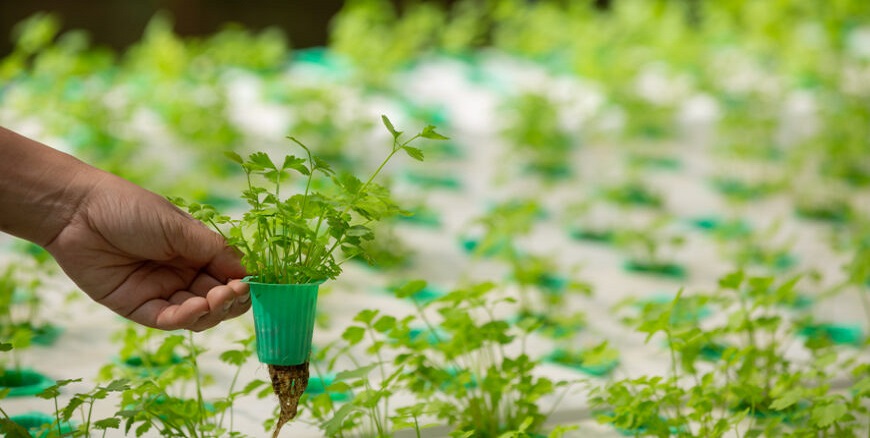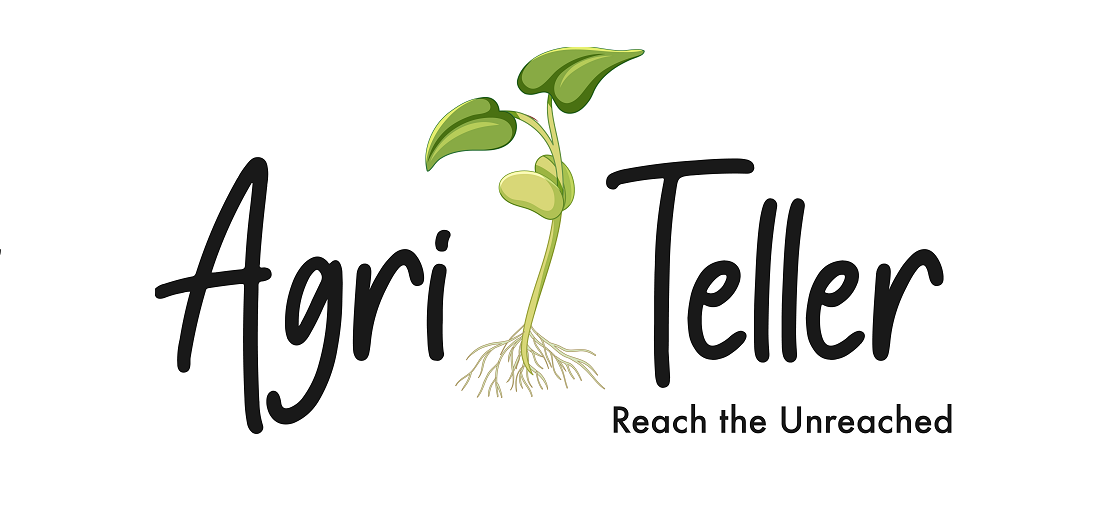 Hydroponics system, planting vegetables and herbs without using soil for health, Modern food and agricultural design concepts.
Hydroponics system, planting vegetables and herbs without using soil for health, Modern food and agricultural design concepts.
Hydroponic gardening is emerging as a very popular technique since it is very beneficial over traditional agriculture technique. More people are interested in growing their food, indoors throughout the year with the soil-less medium. “Have you ever tried to grow a cutting of a plant in a glass of water”? If yes, then definitely you have practised passive hydroponic cloning. In the sector of agriculture day today many technologies have to arise for increases the quality and quantity of food product. Modern technique likewise poly house hydroponic is one of the best technologies in the current scenario which deals with the growth of the plant in a soil-less medium. Hydroponic growing uses mineral nutrient solutions to feed the plant in water without a soil medium. This technique is no longer limited by climate or by any season.
If you are a nature lover, then you can grow your favourite plants at virtually any time of the year. The hydroponic system is an effective and simple method which is now available with modern techniques to grow out plant when you want where you want. Hydroponic does not require a particular season or demand for a specific agro-climatic- zone. It offers the people where traditional agriculture won’t possible like arid climate. However, it is not influenced by the climatic phenomenon because in hydroponic system artificial climate is created. Hydroponic is the subset of the soil-less culture here the plant will grow in media other than the soil it can be any it can be water can be any inert material. In this system, water must be delivered to the plant root system. There are many techniques to deliver water to the root zone. Water is channelled to a continuous row of plants within a through, such as in the nutrient film technique & Deep flow technique. Even although there are different types of hydroponic system but nutrient film technique is an active recovery type hydroponic system. The NFT uses reservoir with a submersible pump that pumps the nutrient solution into a growing tube where the root suspended. The nutrient solution flows over the root up to 5-6 hours per day. The temperature of the water, EC and pH range of the nutrient media should be appropriate which leads to increase yield and quality. It’s a controlled environment agriculture system. As compared to greenhouse hydroponic system has high technology and a little capital intensive. It is also a highly productive, conservative of water and land and protective of the environment. Hydroponically grown vegetables contained 50% more vitamin A, B, C, E than conventional crops. Its growing cycle is shorter than conventional crops. It does not require any type of agronomical practices like tilling, ploughing, and manuring. We can preserve at least 40 % of water as compared to conventional farming as water being recycled.
Healthy stable plants that produce higher yields are the product of hydroponic technology. LED & PAR light combination is basically used for artificial light. Most of the countries such as Holland, Germany and Australia have used hydroponics for crop production with amazing results.
The growth rate of hydroponic plant is 30-50% faster than a soil plant even if both had the same climatic condition the yield of the plant is also greater. In a hydroponic system, the plant doesn’t have to search for the nutrients because nutrients are mixed with the water and sent directly to the root system. Extra dissolved oxygen also helps to stimulate root growth. Hydroponics requires only a little amount of energy for the breakdown of carbohydrate therefore plant can use the remaining energy for the vegetative growth. The most plant can grow hydroponically within a pH range of 5.8-6.2 pH in a hydroponic system is much easier to check than in the pH of soil. Hydroponics is a versatile technology appropriate for both village and backward production system to high-tech space stations. Hydroponic technology can be an efficient mean for food production in highly populated areas hydroponics can provide locally grown high-value crops such as leafy vegetables or cut flowers. The future use of controlled environment agriculture and hydroponics must be cost-competitive with those of open-field agriculture. Therefore, associated technologies such as artificial lighting, plastics, and new cultivars with better biotic and abiotic resistance will increase crop yields and reduce the unit cost of production. Besides economic benefits, hydroponics implies conservation of water, co-generation of energy, income-producing employment for, reducing the impact on welfare rolls and improving the quality of life. Nowadays, development and use of hydroponics have enhanced the economics well- being of many communities both in developing and developed countries.
 Hydroponics system, planting vegetables and herbs without using soil for health, Modern food and agricultural design concepts.
Hydroponics system, planting vegetables and herbs without using soil for health, Modern food and agricultural design concepts.

 Hydroponics system, planting vegetables and herbs without using soil for health, Modern food and agricultural design concepts.
Hydroponics system, planting vegetables and herbs without using soil for health, Modern food and agricultural design concepts.



